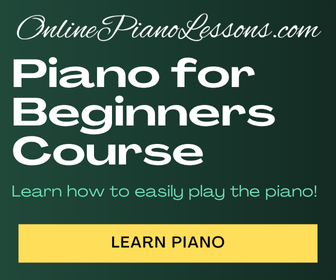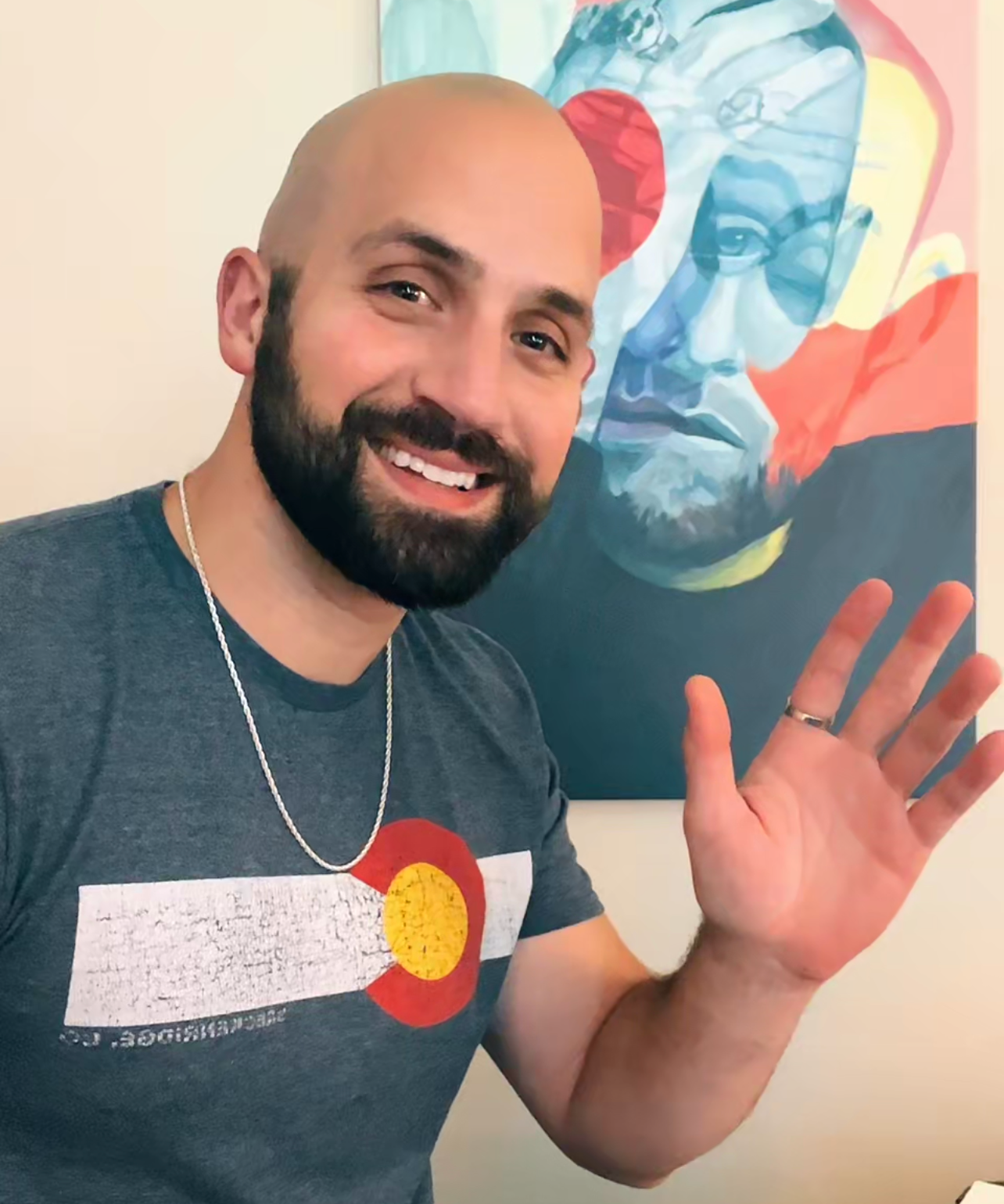Performing in front of others is thrilling — and terrifying. If performance anxiety has ever kept you from sharing music or made playing piano publicly feel impossible, this practical guide will give you tools to calm your nerves, prepare reliably, and perform with confidence.
Quick Preview: This article breaks down evidence-based strategies to manage performance anxiety when playing piano publicly: preparation techniques, mental skills, warm-up and ritual ideas, exposure practice, on-stage recovery tactics, and long-term habits that reduce fear of judgment.
Performing is a skill separate from practicing. Even technically secure pianists can suffer from performance anxiety when playing piano publicly — sweaty palms, shaky hands, blanking, or intrusive self-criticism. The good news: performance anxiety is manageable. Like any performance skill, it responds to training, planning, and mindset shifts. Below are practical, step-by-step strategies you can use today.
1) Understand What Performance Anxiety Really Is
First, normalize it. Performance anxiety is the body’s fight-or-flight response triggered by perceived evaluation. It shows up as physical signs (heart racing, breath changes), cognitive symptoms (catastrophic thoughts, perfectionism), and behavioral effects (rushing, avoiding). Recognizing these as normal reactions — not personal failings — is the first step to overcoming them when playing piano publicly.
2) Prepare Musically So Your Body Can Relax
The most reliable antidote to performance anxiety is musical preparedness. The more solidly you know a piece, the less your conscious mind needs to micromanage, and the calmer your body can be.
- Overlearn the tricky parts. Slow practice, hands separately, and rhythmic variation until technical passages are automatic.
- Chunk the music into small, well-rehearsed sections and practice transitions until they’re reflexive.
- Simulate performance conditions when practicing piano (stand, use the same pages, avoid pedal overuse). Practice the first 30 seconds of a piece until it feels like a dependable launch.
- Practice error recovery — plan exactly how you’ll continue if you make a mistake. Rehearse the recovery so you don’t freeze when something goes wrong.
When your fingers and muscle memory can carry the bulk of the performance, performance anxiety loses its power during playing piano publicly.
3) Use exposure and Incremental Public Practice
Avoidance keeps fear strong. Gradual exposure works best:
- Start small: play for one trusted friend or family member.
- Scale up: record a short video and post it privately, then publicly; play in a class, then a small recital.
- Set mini-goals: a weekly stretch goal like “play one complete piece for someone this week.”
This progressive approach reduces performance anxiety by giving repeated, low-stakes experiences of playing piano publicly.
4) Build a Pre-performance Routine and Ritual
Ritual anchors the mind. Create a short, repeatable routine you do before every performance.
- Physical warm-up: slow scales, arpeggios, and gentle wrist circles (5–10 minutes).
- Breath regulation: 4–6 slow diaphragmatic breaths in a 4–4-6 pattern (inhale 4, hold 4, exhale 6) to lower heart rate.
- Mental focus: a one-minute visualization of the first phrase performed well.
- Cue phrase: a short phrase like “Play with intention” to center you as you sit.
A ritual signals to your body that it’s time to perform, replacing panic with habit — an effective tool against performance anxiety when playing piano publicly.
5) Use Cognitive Strategies: Reframe and Re-run
Thought patterns fuel performance anxiety. Re-frame and re-run unhelpful thoughts:
- Label the thought: “That worry is just excitement.” Re-labeling reduces its grip.
- Reframe evaluation: replace “They’ll notice my mistakes” with “They’ll hear my expression.”
- Run the tape forward: imagine a mistake, then visualize yourself recovering and continuing. Rehearsing recovery reduces fear of failure during playing piano publicly.
- Limit “should” language: swap “I should be perfect” for “I’ll play honestly.”
Using these cognitive moves lowers negative self-talk and loosens the anxiety loop.
6) Practice Breathing and Body Techniques for the Moment
When you’re on stage and adrenaline spikes, simple somatic tools help instantly:
- Focused breathing: three slow, complete breaths before starting — inhale low into the belly, exhale slowly.
- Grounding through pressure: press fingertips into the keys lightly or feel the bench beneath you to ground your body.
- Micro-relaxation: tense shoulders briefly, then release; this resets muscular tension in your hands.
- Pacing: play the first bars slightly slower; tempo anxiety tends to make us rush.
These techniques reduce physical symptoms of performance anxiety so your playing stays musical when playing piano publicly.
7) Rehearse “Real-world” Scenarios
Simulate possible performance stresses during practice:
- Play with background noise or audience chatter to mimic a real venue.
- Use different pianos and locations to avoid instrument-specific anxiety.
- Practice with distractions (a timer beep, someone moving in the room) so interruptions feel less alarming.
The more your practice includes imperfect, realistic conditions, the less performance anxiety surprises you during actual public playing.
8) Manage Expectations and Aim for Connection, Not Perfection
Audiences are rarely judging technical slips as harshly as you imagine. Most listeners respond to musical intention and honesty more than flawless execution.
- Set performance goals that are musical (communicate phrasing) rather than technical (no mistakes).
- Focus on connection: pick one person in the audience to imagine playing for, or picture the emotional message you want to convey.
- Accept imperfection as part of live music — if you make a mistake, the audience will likely forgive it.
This mindset reduces performance anxiety by shifting appraisal from self-criticism to artistic sharing during playing piano publicly.
9) Use Rehearsal Performance and Feedback Loops
Record performances and review them constructively:
- Record often — phone videos are fine. Watching will reveal that mistakes sound smaller than they feel.
- Self-feedback protocol: two positive elements, one focused improvement. This balanced view prevents catastrophic over-analysis that fuels performance anxiety.
- Teacher or peer feedback helps you refine and reduces uncertainty about how you sound to others.
Repetition and positive feedback weaken the anxiety response tied to playing piano publicly.
10) Lifestyle and Health Supports
Physical health influences anxiety.
- Sleep: prioritize good rest before performances.
- Nutrition & caffeine: avoid excess caffeine pre-performance; choose stable energy foods.
- Exercise: regular cardio reduces baseline anxiety.
- Mindfulness practices such as meditation reduce rumination and help regulate nerves over time.
Holistic self-care lowers baseline performance anxiety so public musical moments feel more manageable.
11) When to Seek Extra Help
If performance anxiety is severe (panic attacks, avoidance that disrupts life), consider professional support:
- Performance coaches specialize in stage skills and simulate auditions.
- Cognitive-Behavioral Therapy (CBT) and Acceptance and Commitment Therapy (ACT) have strong evidence for reducing performance-related anxiety.
- Support groups or workshops (masterclasses, mock auditions) provide structured exposure.
Therapeutic help is a smart option if playing piano publicly triggers intense, chronic fear.
12) Recovery Tactics for a Slip During Performance
Even top pianists make mistakes. How you recover matters more than the mistake itself:
- Keep playing: continue with the next phrase; audiences often don’t perceive errors you don’t foreground.
- Simplify: if memory fails, simplify the texture to basic chords and continue musically.
- Breathe and re-center: take a breath if necessary, then resume.
- Make a musical choice: sometimes taking an expressive decision (slowing the tempo, accenting) turns an error into interpretation.
Practicing recovery strategies in advance dramatically reduces the fear of making mistakes while playing piano publicly.
13) Long-term Habits that Reduce Performance Anxiety
- Regular low-stakes performing: jam nights, salon recitals, or online livestreams.
- Deliberate overlearning of repertoire so it’s resilient under pressure.
- Maintain a performance calendar to ensure repeated exposure and growth.
Over time, these habits shrink performance anxiety into manageable excitement, and public playing becomes a positive part of your musical life.
Quick Checklist Before Any Public Playing
- Warm up (10 min) — scales + technical patterns.
- Short run-through of first minute of piece(s).
- 5 slow calming breaths and visualization.
- Hydrate; avoid excessive caffeine.
- Have a recovery plan for mistakes.
- Smile and make eye contact briefly — connection reduces fear.
Use this checklist the night before and immediately prior to playing piano publicly to minimize last-minute panic and keep performance anxiety in check.
Conclusion: Performance Anxiety & Playing Piano Publicly
Performance anxiety doesn’t have to stop you from sharing music. With structured preparation, realistic exposure, calming rituals, and supportive feedback, playing piano publicly can shift from a threat to a source of joy and growth. Start small, practice recovery, and celebrate progress — every performance is a step toward confident musical expression.
FAQ
Q: Is performance anxiety normal for pianists?
A: Yes. Almost all pianists experience some level of performance anxiety when playing piano publicly. It’s a normal response and can be managed with the strategies above.
Q: How many practice hours do I need to stop feeling anxious?
A: Quantity alone won’t eliminate performance anxiety. Aim for focused preparation and simulated performances; the quality of practice and exposure matters more than total hours.
Q: What if I freeze and can’t continue during a concert?
A: Train recovery strategies: slow down, simplify, or repeat a reliable phrase. Practicing these responses reduces the chance you’ll freeze when playing piano publicly.
Q: Can medication help performance anxiety?
A: Some performers use beta-blockers or other medications under medical advice for acute performance situations. Consult a healthcare professional — medication is one tool among many, not a standalone cure.
Q: How long does it take to feel comfortable performing publicly?
A: Every musician is different, but regular exposure (weekly or monthly small performances) and consistent use of mental and physical strategies often produce noticeable improvement within months.





 Hi, I'm Thomas, Pianist Composer,
Hi, I'm Thomas, Pianist Composer,  I love playing piano, creating new melodies and songs, and further developing my online piano course and making updates/additions to my site OnlinePianoLessons.com!
I love playing piano, creating new melodies and songs, and further developing my online piano course and making updates/additions to my site OnlinePianoLessons.com!  Now that is what I call fun!
Now that is what I call fun!